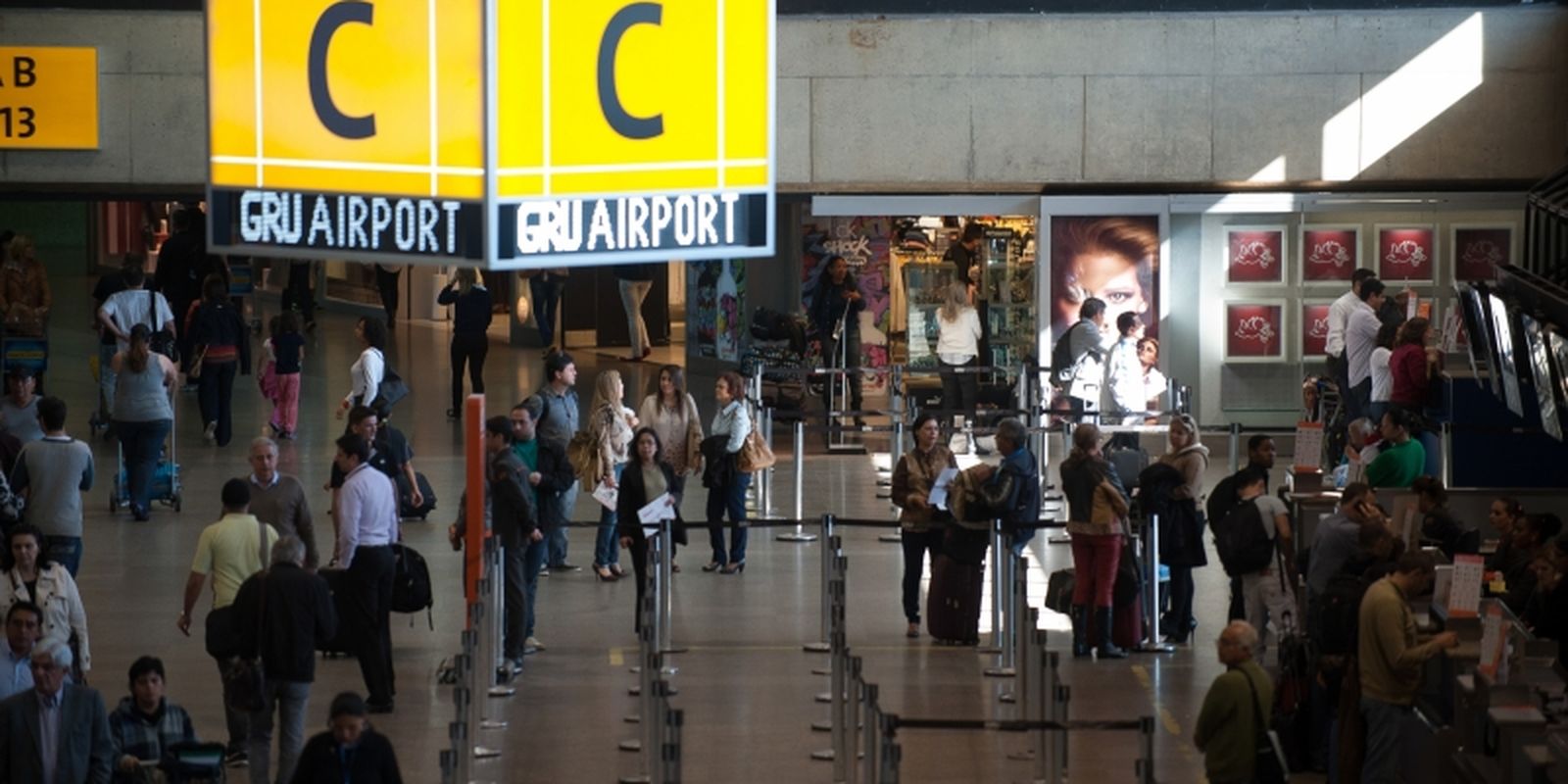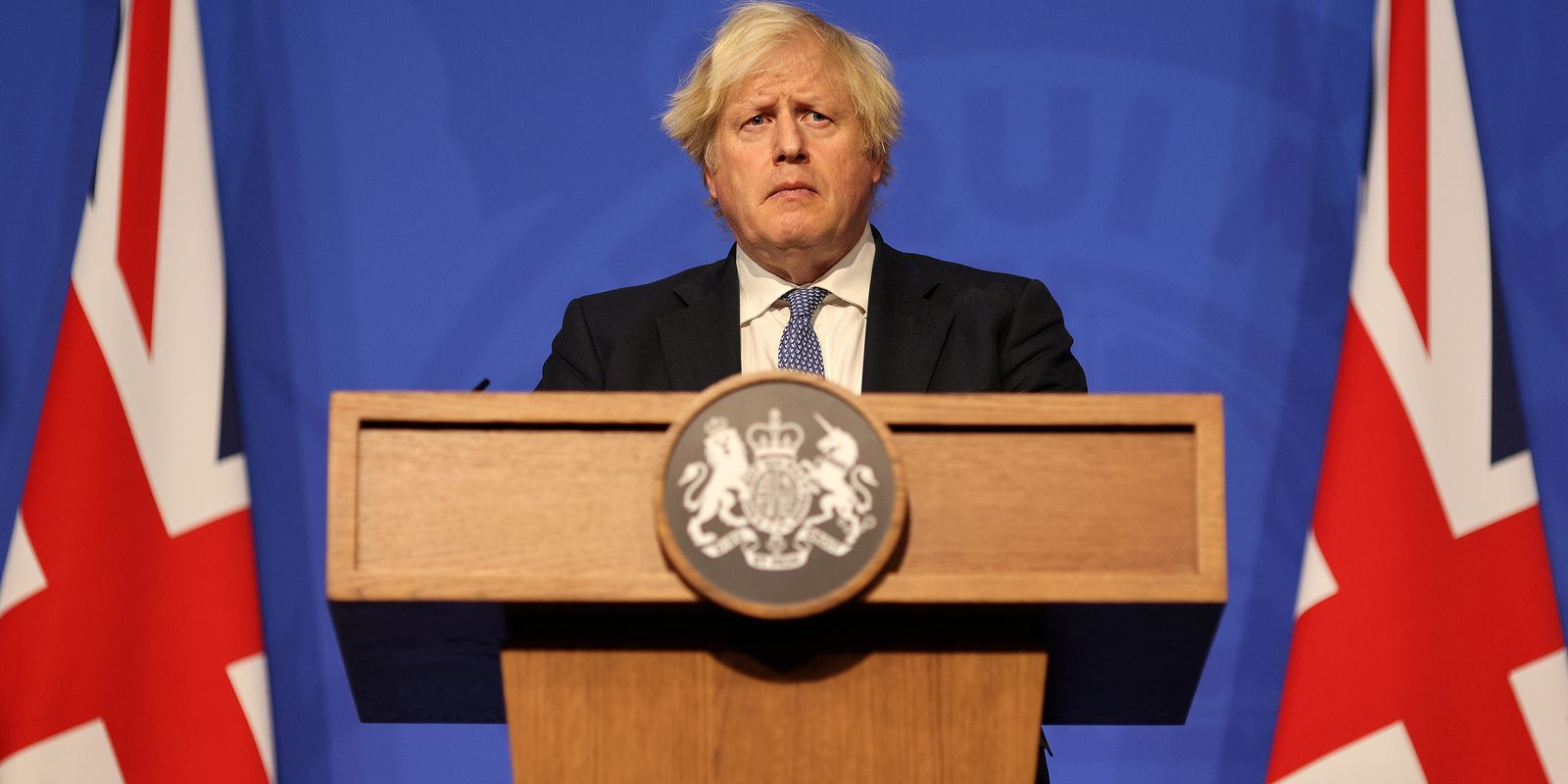BRASILIA (Reuters) – Brazilian Agriculture Minister Carlos Fávaro said on Wednesday he intended to bring forward his trip to China to arrange the arrival of President Luiz Inacio Lula da Silva in the country, while that Brazil is seeking to resume sales to the Chinese after an atypical case of “mad cow disease”.
“I am already making arrangements, and I have validated this with President Lula, to anticipate my trip with our technical team to China. I am planning the next 20 or 22, around that time, to be there on the 28th and 29th, so we will be there to prepare everything,” he said in an interview with journalists from the Ministry of Finance.
According to the minister, the Brazilian government has already submitted all relevant information on the case to the Chinese authorities and is now awaiting a position from the country.
Thanks to a protocol signed with the Chinese, when there is an atypical case of “mad cow disease” – which appears spontaneously in older animals – exports are automatically suspended. But it is up to China to authorize the recovery.
A reference laboratory in Canada has already confirmed that this is an atypical case, which poses no risk to the production chain or to humans.
With lower prices paid by the Chinese and more recently the embargo, exports of Brazilian beef declined in the first two months.
Fávaro also said the attempt to normalize the process of exporting beef from Brazil to China should be one of the likely talking points of the trip.
“Now it’s time to wait for China. If they still want additional information or, if necessary, we will do it in person in full transparency, because I think that is how credibility, respect is created. and the opportunity to expand markets,” he added. he said.
An investigation by the World Organization for Animal Health (WHOA) concluded that the recording of the disease in Pará was an atypical case.
On Tuesday, the Ministry of Agriculture indicated that it would respond in the near future to a request from Brazilian producers for a renegotiation of a more restricted version of the Chinese protocol in the event of detection of the disease.
An alternative would be, for example, to place an embargo on the export of meat from the state or region where the case of the disease was registered, explained to Reuters the special adviser of the ministry, Carlos Ernesto Augustin.
(By Victor Borges)

“Freelance communicator. Hardcore web practitioner. Entrepreneur. Total student. Beer ninja.”







